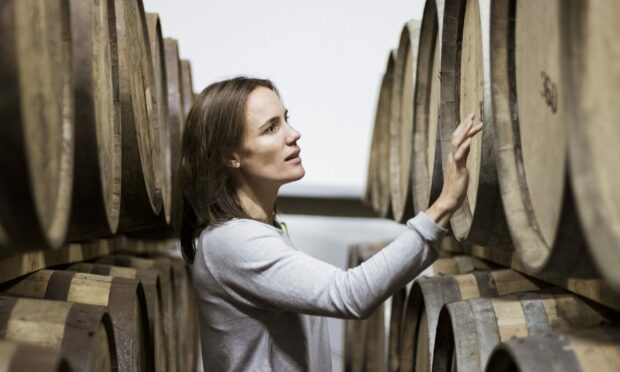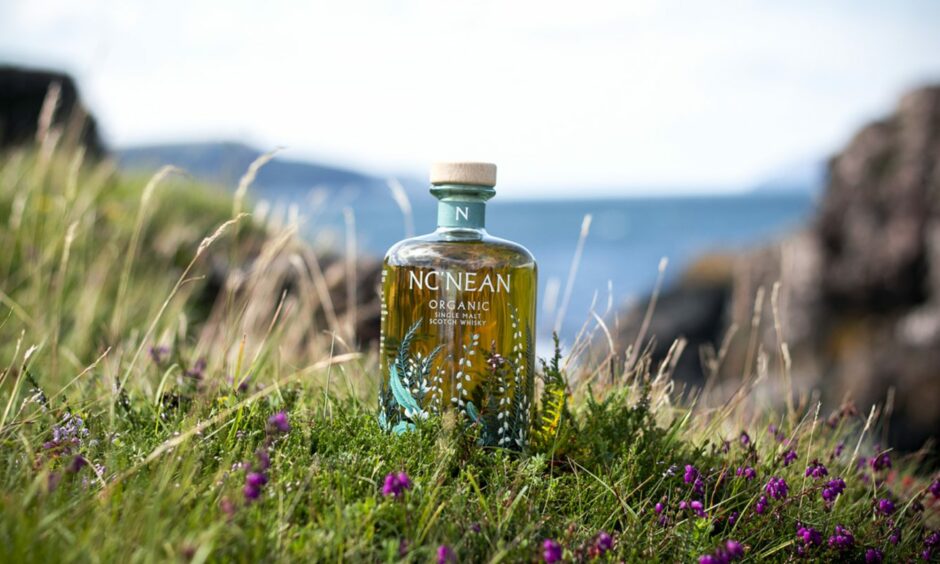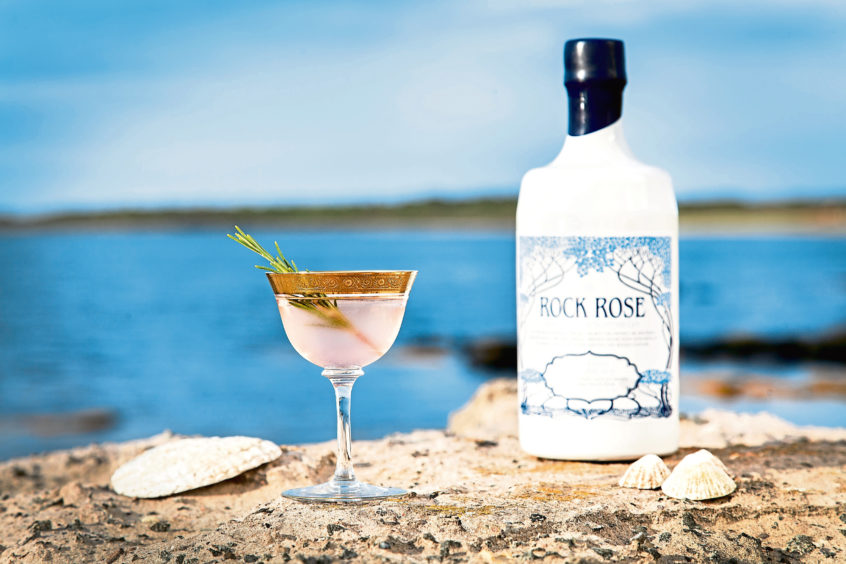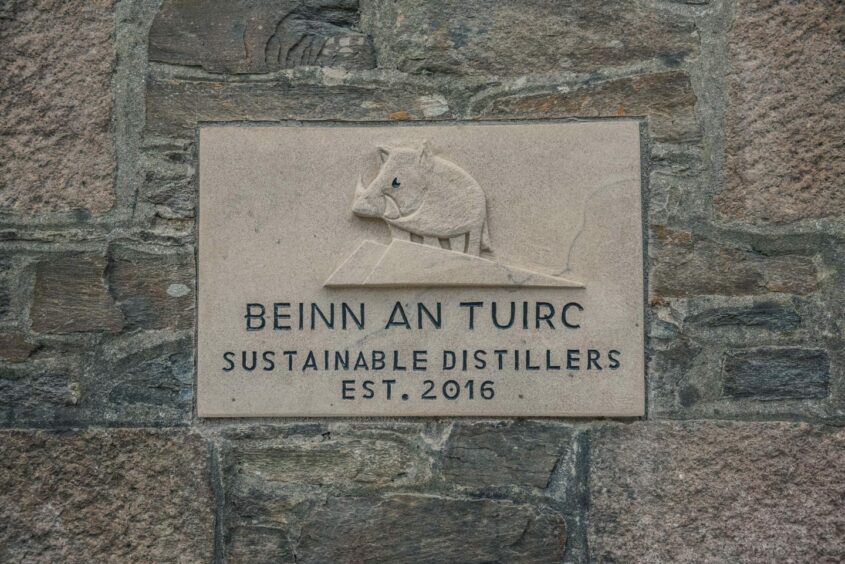The Scotland Food and Drink Partnership aims to double the value of the industry to £30 billion by 2030 and Highlands and Islands Enterprise (HIE) is playing its part.
HIE head of food and drink, blue economy and life sciences Elaine Jamieson said: “The drink sector has been quite resilient through the pandemic, particularly distilling.
“It has been resilient in the face of Brexit and Covid.
“But there is absolutely no doubt the rising cost-of-doing-business is going to have a big impact, not only on producers but also communities and customers in the Highlands and Islands.
“Unlike Covid, this could be a much longer-term challenge and we are working hard with the Scottish Government and partner agencies such as Scottish Enterprise to refocus our support.
There is absolutely no doubt the rising cost-of-doing-business is going to have a big impact.”
“We have the Find Business Support website and have also redeveloped a page which is all about helping businesses across the region to reduce costs and increase resilience.
“There are many ways we can support businesses at HIE, whether it is specialist advice to look at strategies to cut costs and improve efficiency, attracting and retaining people, or finding new markets, given shopping trends could change.”
New financial pressures
Given the gloomy economic headwinds currently sweeping the Highlands and Islands, along with the rest of the UK as soaring energy bills and rampant inflation show no sign of abating, Ms Jamieson said it was “reasonable to assume” disposable income will decrease and that “treats” such as drinks would slip further down the list of priorities.
She added: “This current and very unanticipated crisis and the cost-of-doing-business crisis is putting a different set of financial pressures into our communities.
Got an issue around the development of your food/drink business? NIH Food & Drink TechHUB can help! We've a limited number of 20-min sessions with a panel of industry experts. There's only 6 places so book your slot now!
📆 10 Oct
⏰ 10-1Register 👇https://t.co/EI4kIeooKO pic.twitter.com/xd2vfiY4Ij
— HIE (@HIEScotland) September 22, 2022
“There are issues associated with housing and infrastructure challenges which make attracting labour difficult.
“In terms of the drink sector, it is very innovative and the opportunity to transition to low carbon and introduce new technologies is quite exciting, particularly to young people. Skills are changing at a fair degree of pace.
“People are attracted to the place and provenance of product, and the association with the Highlands and Islands.”
Ms Jamieson acknowledged many drink businesses are simply focusing on “surviving the winter of 2022” as the economic climate grows colder.
But she also pointed to a brighter export picture, with many of the region’s producers seeing growth.
‘Scotch is Scotch’
She continued: “You just have to look at the export statistics.
“Scotch whisky is more than holding its own in international markets. With some of the free trade agreements there will be new opportunities globally. Scotch is Scotch, isn’t it?
“The gin sector in particular but also rums are doing quite well. If we look back three or four years when some of the real momentum started to build in some of these other spirits, everyone kept saying it can’t last, there are too many distilleries coming along.
“But if we look at the sales figures, businesses from the Highlands and Islands are doing really well.”
National target: Net-zero by 2045
The Scottish Government has set an ambitious target to achieve net-zero carbon emissions by 2045 and Ms Jamieson hailed this as a chance for drink companies to engage with technologies such as AI or data-driven solutions to drive down logistics costs, for example.
HIE’s food and drink chief highlighted Nc’Nean Distillery on the Morvern peninsula and Beinn an Tuirc, near Campbeltown, as two drink companies embracing a green agenda and “committed” to putting that into practice.
She added: “Looking at some of the businesses we have supported, they are all really good at developing their unique selling point. With Nc’Nean, an organic whisky producer, it is all about sustainability.
“Then you go to the likes of Beinn an Tuirc in Argyll – they have a hydroelectric scheme on site.
“Then you have Dunnet Bay, in Caithness, taking over the old Castletown Mill.
“The investments these businesses are making now shows they have significant confidence in the future despite the headwinds we are facing.”
Ms Jamieson pointed to the importance of long-term thinking when it comes to drink businesses looking at how to incorporate more environmental practices into their companies, adding the move is also in line with consumer trends.
She said: “With the whisky sector, you have to think so much further ahead. What will the customer of 2032 be looking for?
“You have to fast forward to what that will look like and we can certainly see that many of our products should be sustainable.”
North-east drink firms rise to challenge of latest consumer trends





Conversation